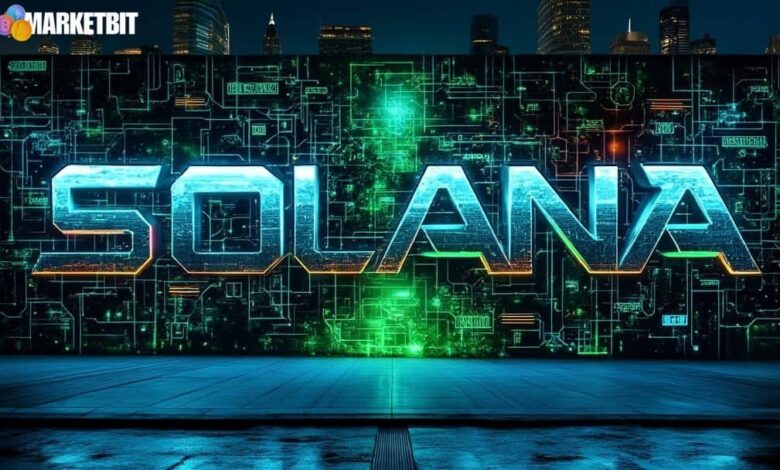Solana Integrates NIST-Standard Post-Quantum Cryptography

- Solana integrates NIST-standard PQC to enhance blockchain security.
- BTQ Technologies and Bonsol Labs partnership supports breakthrough.
- PQC adoption impacts financial markets and regulatory compliance.
Solana has become the first major blockchain to implement NIST-standardized post-quantum cryptography through a collaboration with BTQ Technologies and Bonsol Labs.
This major security enhancement positions Solana at the forefront of quantum-safe blockchain adoption, potentially driving increased institutional interest and reshaping market dynamics.
Solana has implemented the first-ever on-chain NIST-standard post-quantum cryptography (PQC) signature verification. This advancement enhances the network’s resilience against emerging quantum computing threats, as confirmed by BTQ Technologies and Bonsol Labs, establishing new security standards.
The collaboration involves BTQ Technologies Corp., whose CEO, Olivier Roussy Newton, stated this integration marks a pivotal security breakthrough. Bonsol Labs facilitates Solana’s handling of significantly larger PQC signatures, fortifying the blockchain’s ability to process vast decentralized exchanges.
The integration’s immediate outcome enhances Solana’s position within institutional finance sectors. With the Federal Reserve recognizing PQC’s potential, Solana emerges as a robust infrastructure for decentralized exchange volumes and future-proof financial operations.
Financial implications are heightened by the need for quantum-safe compliance. This change may also prompt regulatory frameworks to embrace PQC standards, promoting secure transitions in blockchain and boosting the adoption of related blockchain assets.
Institutional investors, like Franklin Templeton, engage with Solana’s PQC framework, setting precedents for other projects. Such developments signal an industry shift towards enhanced security protocols, creating confidence in blockchain’s long-term viability and scalability.
Insights suggest that, as PQC becomes mainstream, potential outcomes may include increased investment inflows, regulatory endorsements, and technological shifts across blockchain networks. Leveraging historical trends enhances understanding of these security-focused advancements.
Today’s demonstration represents a fundamental breakthrough in securing blockchain infrastructure against quantum threats. By successfully implementing NIST-standardized PQC on Solana, the network processing the majority of decentralized exchange volume, we’re not just solving a technical challenge but enabling the quantum-safe evolution of internet capital markets. — Olivier Roussy Newton, CEO, BTQ Technologies




